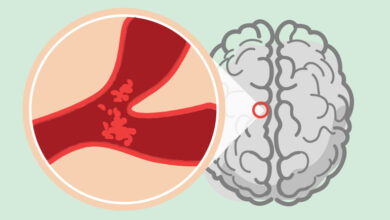Japan is a beautiful country. The green mountains, blue sea, vibrant culture and its mouth-watering cuisine, everything adds to its beauty.
If you’ve travelled to Japan or met Japanese people, one thing might have crossed your mind: “Why are Japanese women so slim and look so young?”
It’s the cuisine and lifestyle of Japanese people that keep them healthy and young looking. For example, Japanese food is based upon the principle of health and longevity. In fact, Japan is home to the world’s highest proportion of people who live more than 100 years.
In Japan, food is not solely eaten for taste. Japanese people believe in extracting health benefits from their food.
Here are the top 10 reasons why Japanese women stay slim and don’t look old.
1. Drinking Green Tea
Japanese people love to drink green tea.
The matcha (powdered green tea) is made from the highest quality leaves, which are dried and milled into a fine powder. This powder is then mixed with hot water. This form of green tea is used in the tea ceremony, which is a Japanese cultural activity involving the ceremonial preparation and presentation of matcha.
Green tea is not only delicious but also very beneficial. It is one of the healthiest teas in the world, rich in antioxidants that help fight free radicals and delay the aging process. It even aids weight loss.
Drinking green tea also reduces the risk of heart disease and cancer.
According to a 2006 study published in JAMA, adults in Japan who consumed higher amounts of green tea had a lower risk of death due to all causes and due to cardiovascular disease. The study also says that Japanese citizens who drank 5 cups of green tea per day had 26 percent lower mortality rates.
2. Consuming Fermented Foods
Japanese people often eat fermented foods like kefir, kombucha, sauerkraut, miso, tempeh and kimchi.
Fermented foods are those that have been through a process of lacto fermentation. In this process, natural bacteria feed on the sugar and starch in the food and create lactic acid. Fermentation preserves the natural nutrients in food and creates beneficial enzymes, B vitamins, omega-3 fatty acids and various strains of probiotics.
As fermentation promotes friendly intestinal bacteria and breaks down food to a more digestible form, it aids digestion, which in turn helps with weight loss, too. In addition, it helps expel harmful toxins and heavy metals from cell tissue.
A 2014 study published in the Journal of Physiological Anthropology reports there is a connection between fermented dairy products and the growth of beneficial intestinal microbes.
The study also noted the importance of findings that non-dairy fermented foods and herbs can have a positive influence on intestinal microbiota, as there may be an influence on longer-term gut-brain communication.
3. Popularity of Seafood
open next page to continue reading….




